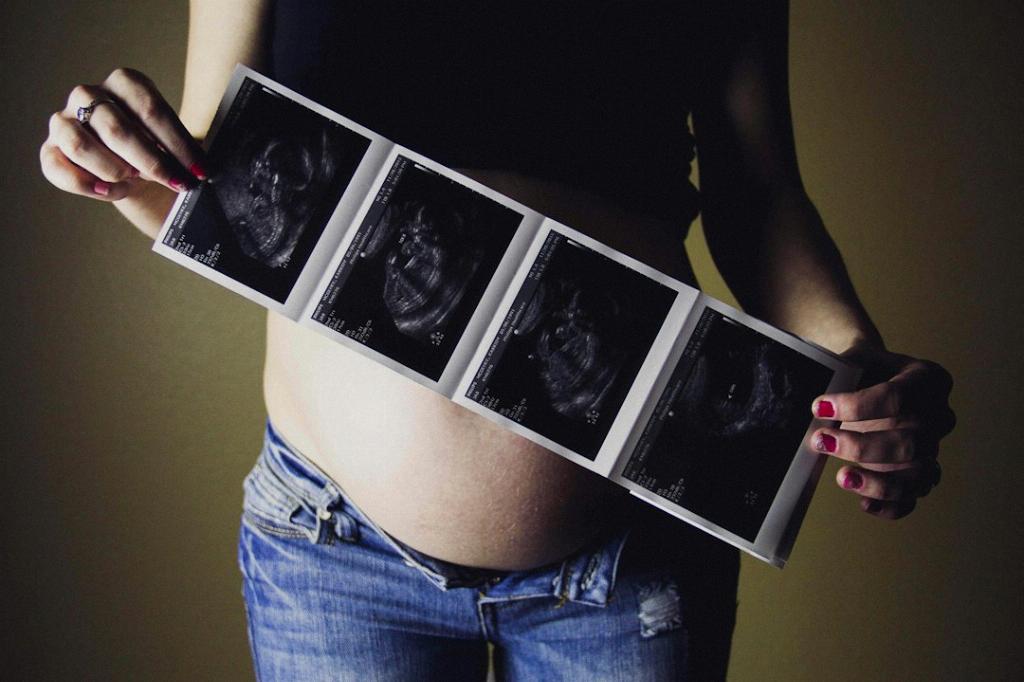When it comes to postpartum recovery, one of the common concerns that some individuals may face is an inflamed c-section scar. This can be a distressing experience, but understanding the reasons behind it can help in addressing the issue effectively.
One possible reason for an inflamed c-section scar is infection. If you observe redness, swelling, or discharge of pus from the incision site, along with a fever, it could indicate an infection. In such a scenario, seeking medical attention promptly is crucial to prevent complications.
It’s important to note that infections in c-section scars can occur due to various reasons, such as improper wound care, bacteria entering the incision site during or after the surgery, or underlying health conditions that affect the body’s ability to heal properly.
Besides infection, another factor that may contribute to inflammation around the c-section scar is a hematoma. A hematoma is a collection of blood outside of blood vessels that can cause swelling and pain. In some cases, surgical intervention may be required to remove the hematoma and alleviate the symptoms.
During the c-section procedure, the layers of tissue are cut and stitched back together, allowing the body to heal gradually. However, if the healing process is disrupted due to factors like excessive movement, inadequate rest, or underlying health issues, it can lead to delayed wound healing and inflammation.
Individuals with a history of keloids or hypertrophic scars may also be more prone to experiencing inflammation around their c-section scar. Keloids are raised scars that grow beyond the boundaries of the original wound, while hypertrophic scars are thickened, red scars that may develop within the wound area.
Furthermore, certain lifestyle factors and habits can impact the healing of the c-section scar and contribute to inflammation. Factors such as smoking, poor nutrition, and excessive stress can weaken the immune system and hinder the body’s ability to repair and regenerate tissues effectively.
To promote proper healing and reduce the risk of inflammation around the c-section scar, it is essential to follow your healthcare provider’s postoperative care instructions diligently. This may include keeping the incision site clean and dry, avoiding strenuous activities, eating a healthy diet, staying hydrated, and attending follow-up appointments as recommended.
If you notice any signs of inflammation, infection, or unusual symptoms around your c-section scar, do not hesitate to reach out to your healthcare provider for evaluation and treatment. Early intervention can prevent complications and promote a successful recovery.
In conclusion, an inflamed c-section scar can result from various factors, including infection, hematoma, disrupted healing process, predisposition to keloids or hypertrophic scars, and lifestyle habits. By staying informed and proactive about your postpartum care, you can support the healing of your c-section scar and promote overall well-being.

